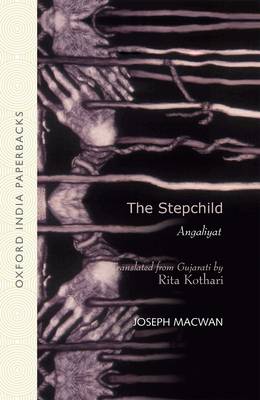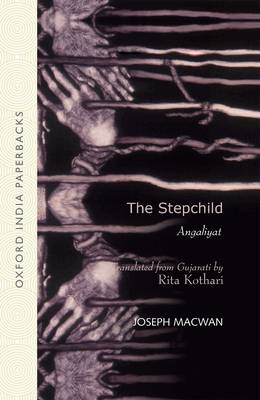
- Afhalen na 1 uur in een winkel met voorraad
- Gratis thuislevering in België vanaf € 30
- Ruim aanbod met 7 miljoen producten
- Afhalen na 1 uur in een winkel met voorraad
- Gratis thuislevering in België vanaf € 30
- Ruim aanbod met 7 miljoen producten
Zoeken
Omschrijving
Angaliyat tells the story of oppression and exclusion by transforming the vanquished into the victor, by turning the periphery into the core. The portrayal of Methi and Kanku as 'pure' women challenges the age-old perceptions of higher castes which denigrate the practice of remarriage among 'backward' communities. The stepchild who follows the mother to a new home holding her finger or angali, remains on the periphery of the stepfather's family. Significant from several points of view, the novel provides a view of the 'history from below'. Caught in external and internal forms of colonization, the community of weavers, the Vankars, is subject to oppression from the more powerful upper caste of the Patels. This paperback edition includes a revised and updated Introduction and a new Preface.
Specificaties
Betrokkenen
- Auteur(s):
- Uitgeverij:
Inhoud
- Aantal bladzijden:
- 272
- Taal:
- Engels
- Reeks:
Eigenschappen
- Productcode (EAN):
- 9780198090304
- Verschijningsdatum:
- 19/04/2013
- Uitvoering:
- Paperback
- Formaat:
- Trade paperback (VS)
- Afmetingen:
- 142 mm x 214 mm
- Gewicht:
- 235 g

Alleen bij Standaard Boekhandel
+ 30 punten op je klantenkaart van Standaard Boekhandel
Beoordelingen
We publiceren alleen reviews die voldoen aan de voorwaarden voor reviews. Bekijk onze voorwaarden voor reviews.











